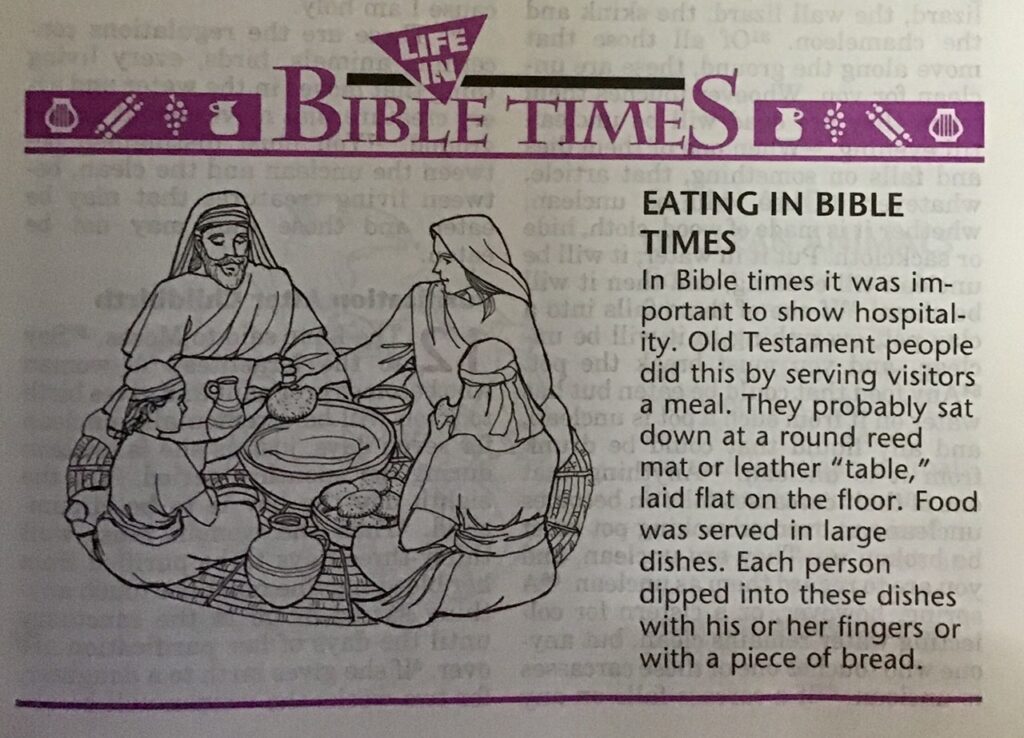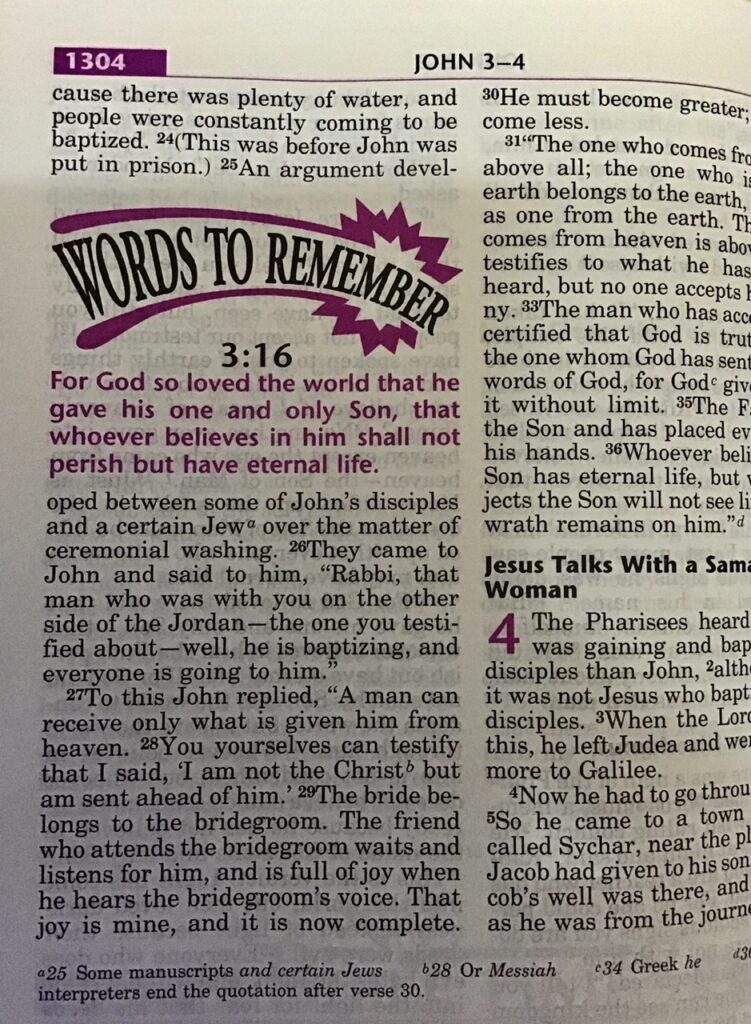THE BOOK OF ALL BOOKS
Text and Photos by Henrylito D. Tacio
WHILE traveling to Tokyo, a Filipino eavesdropped in conservation between a skeptic American and a Korean minister. In speaking of the Bible, this American guy said it was quite impossible these days to believe in any book whose authority was unknown.
The minister asked him if the compiler of the multiplication table was known. “No,” he replied without much ado. The Korean immediately articulated, “Then, of course you do not believe in it.” The skeptic’s reply: “Oh, yes, I believe in it because it works well.” To which the minister retorted, “So does the Bible.”
It is commonly known that the Bible, in its hundreds of different translations, is the most widely distributed book in human history. Moreover, in all its forms, the Bible has been enormously influential, and not only among the religious communities that hold it sacred. The literature, art, and music of Western culture in particular are deeply indebted to biblical themes, motifs, and images.

Translations of the Bible, such as the Authorized Version (or King James Version, 1611) and Martin Luther’s translation of the Bible into German (first completed in 1534) not only influenced literature but also shaped the development of languages. Such effects continue to be felt in emerging nations, where translations of the Bible into the vernacular help to shape language traditions.
Statistics assure us that the Bible is still the world’s bestseller, but evidence of biblical literacy is not encouraging. The late Bruce Barton was too painfully near the truth when he entitled his book about the Bible, The Book Nobody Knows.
The term Bible is derived through Latin from the Greek biblia, or “books,” the diminutive form of byblos, the word for “papyrus” or “paper,” which was exported from the ancient Phoenician port city of Biblos. By the time of the Middle Ages the books of the Bible were considered a unified entity.
If you were to open a Bible for the first time, the thing that might immediately attract your attention is that there are two major divisions in it: “Old Testament” and “New Testament.” The word testament means “covenant” or “agreement.” As Henrietta C. Mears explains in her book, What the Bible is All About: “The Old Testament is the covenant God made with man about his salvation before Christ came. The New Testament is the agreement God made with man about his salvation after Christ came.”
The order as well as the number of books differs between the Jewish Bible and the Protestant and Roman Catholic versions of the Bible. The Bible of Judaism is in three distinct parts: the Torah, or Law, also called the books of Moses; the Nebiim, or Prophets, divided into the Earlier and Latter Prophets; and the Ketubim, or Writings, including Psalms, wisdom books, and other diverse literature.
The Christian Old Testament organizes the books according to their type of literature: the Pentateuch, corresponding to the Torah; historical books; poetical or wisdom books; and prophetical books. The Protestant and Roman Catholic versions of the Old Testament place the books in the same sequence, but the Protestant version includes only those books found in the Bible of Judaism.
The New Testament includes the four Gospels; the Acts of the Apostles, a history of early Christianity; Epistles, or letters, of Paul and other writers; and an apocalypse, or Book of Revelation. Some books identified as letters, particularly the Book of Hebrews, are theological treatises.
“The Bible has given us the most marvelous record of family life of any civilization on earth,” points out historian Edith Deen. “The Bible never grows old. We grow old. Our houses grow old. Our businesses become outdated. Our wardrobes change quickly. But the Bible, a study of man’s relationships to God, never changes. That’s why the way of life of the family of Israel has survived the centuries. Faithful records of the family life of other civilizations contemporary with the Bible – the Babylonian, the Hittite, even the Greek – have perished, but the family record of Israel is alive and vital today.”
Dwight Moody shares: “The Bible is a storehouse of whose contents no one can afford to be ignorant. It repays reading and study whether it be approached merely because of its literary value, or its ethical teachings, or its practical bearing on everyday life.”
According to Billy Graham, the Bible is old, yet it is never new. “It is the most modern book in the world today,” he declares. “It speaks to our immediate social, political, and spiritual needs right now. It is God’s message about Himself and His redemptive love – written to each one of us.”
Graham further states: “The message of the Bible is the message of Jesus Christ who said, ‘I am the way, the truth, and the life.’ It is the story of salvation: the story of your redemption and mine through Christ: the story of life, of peace, of eternity.”

Politicians, beware! “The Bible is a very dangerous book for dictators,” Christianity Today reminds. “Hitler knew it, and so did many other totalitarian rulers. If they are to remain in power, repressing liberties and keeping their subjects ignorant, they should use every means possible to keep the Bible out of the hands of their people.”
Many say, “The Bible is so great. I don’t know where to commence and don’t know how to go on.” This is often said quite earnestly and sincerely. And it is true that, unless we have some method, we shall assuredly lose the very best results, even though we may spend much time upon the Book.
Campbell Morgan once made the statement: “The Bible can be read from Genesis 1 to Revelation 22 at pulpit rate in 78 hours.” A lawyer challenged him on that. Morgan told him to go on and try it before he challenged. The lawyer went home and read the Bible in less than 80 hours.
William A. Ward reminded us: “It is not enough to read the Bible; we must let it speak to us. It is not enough to let it speak to us; we must believe it. It is not enough to believe it; we must live it.”
E. Paul Hovey contends, “Men do not reject the Bible because it contradicts itself but because it contradicts them.”
Amen.

